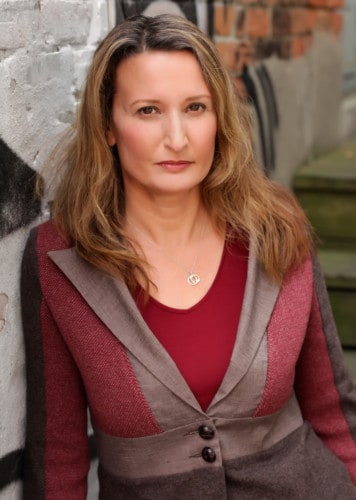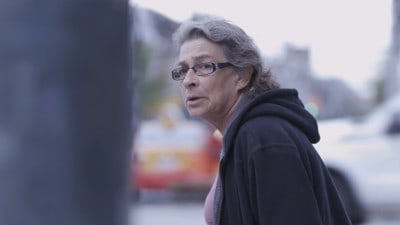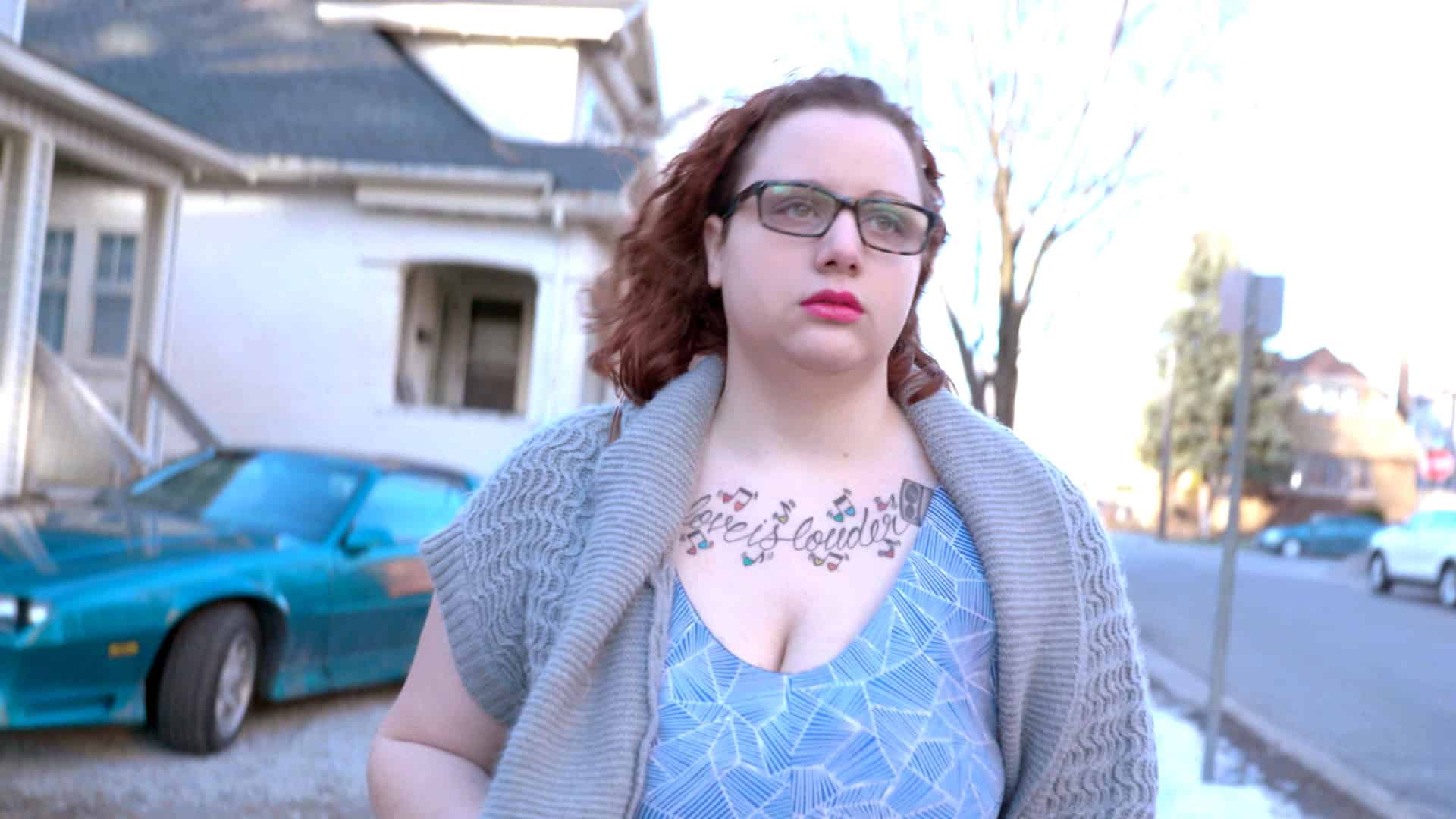Being wrenched out of home and shuffled into the revolving door of the child welfare system can have a devastating impact on kids. Next of Kin is a new documentary that sheds light on a program that helps young people find family members that they’ve never known, all in the hope that they will build a connection to their roots.
It follows Jacob & Tahylour, two “at risk” young people who are floundering in their personal lives. Through the assistance of not-for-profit RAFT’s social workers, Jacob is reconnected with his father and grandmother, and Tahylour learns a truth about her mother she had never known. The documentary is an eye-opener into our fraught child welfare system and hints at ways of breaking the negative cycle that so many families fall into. We caught up with Next of Kin director, Nadine Pequeneza, this week.

Director Nadine Pequeneza – Dan Abramovici Photography
SDTC: What drew you to this issue?
NP: Whether it’s youth who are at risk of homelessness or youth who become involved in the criminal justice system, the history of involvement with the child welfare system is so present that it just kept coming to me in every documentary I did. RAFT tries to give youth [from the system] some footing before they go out and make lives for themselves.
How did you come to select Jacob & Tahylour?
They were open and willing to tell their story, and they wanted people to understand what it’s like for them, what their life is like, and hopefully be able to help other youth.
What did you learn about the child welfare system that surprised you?
I learned that there seems to be a movement to try and keep children with kin—some sort of familial relationship—rather than moving them into foster care with strangers. But the protection of the child is paramount, so there’s a lot of impermanence and instability, just by the nature of how the system operates.
Why is it such a vicious cycle?
Workers make a decision very early on about whether the parents will be able to pull their act together. Then they sort of work in the direction of either separating them—cutting off that bond and getting the child into the foster systems so they can get adopted out into a permanent home, and they don’t necessarily make it easy on the parents—or giving them all the supports that they need in order to succeed.
It’s very subjective and it’s built on history. If you have a parent that was in the child welfare system, as soon as that person gets pregnant, the child welfare system is watching. If you have a history of being in the system, it’s hard to get off their radar. So that’s why you see it over generations.
I find it interesting how they keep such meticulous records for the child welfare system, yet in the Sixties Scoop, those records (of lineage) were virtually erased.
Yes. They purposely “whited them out”; on Michael’s birth certificate, there are five different ethnicities listed—none of which are Indigenous, which he is. When people talk about losing their identity, it’s very real.
What was the most hopeful moment of the film for you?
When Deb reconnected with her son Michael, and Jacob got to see his dad. Jacob was under the impression that his father had abandoned him because he had made a conscious choice to have a lifestyle of partying. But seeing his situation made him understand the reality that he had never contemplated or realized. I think that goes a long way to changing the way that someone thinks about themselves. Because psychologists say abandonment and emotional isolation is often far more devastating than physical abuse.

Debra Force, Jacob’s Grandmother
From where you stand, how can the system be fixed?
There’s a woman I filmed with quite a bit: Jane Kovarikova, a former foster kid. She started this organization called PAC. They’re advocating for an evidence-based system, because after [foster kids] leave care, the government doesn’t keep track of what happens to the youth. She wants them to track it, and look at which programs they’re involved with that have a positive impact. If you want to improve a system, you have to start by asking the people who are involved with it: youth, parents who’ve lost their children, and the foster parents.
A lot of the kids are traumatized to begin with, because they’ve been taken from their homes. A lot of them have very serious behavioural issues, and nobody really explains to them what’s happening. They’re caught in this cycle of going back and forth to their families, who are in crisis themselves. I’m not sure that more money has to be put in the system, but having services available for these youth, that’s what we have to do a better job with, especially in the area of mental health.
Children who have been separated from their families and end up in the child welfare system have PTSD in levels higher than war veterans. There are a lot of supports that need to be put in place so that the children get the care and attention they need.
Next of Kin airs on CBC Docs POV Friday, November 9 at 9 p.m. EST. The film will also be online here on Friday, November 9 after 9 p.m. EST.
Interview has been edited and condensed.




 Follow Us On Instagram
Follow Us On Instagram
